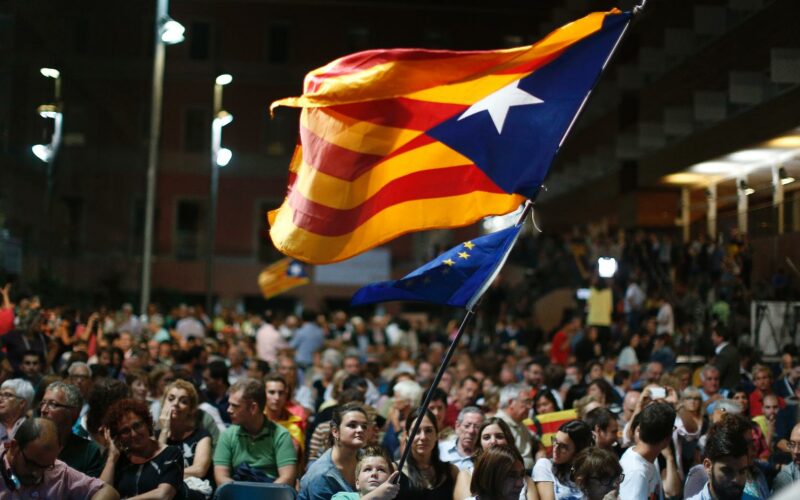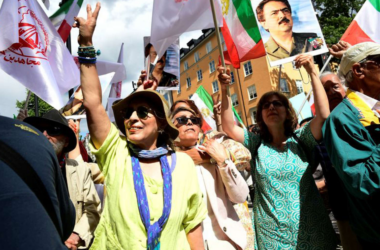Spanish MPs have given final approval to a controversial amnesty law aimed at Catalan separatists, including former regional president Carles Puigdemont. The law passed with 177 votes in favor and 172 against in Spain’s 350-seat Congress of Deputies.
The amnesty law, proposed by socialist Prime Minister Pedro Sánchez, will benefit approximately 400 individuals involved in the symbolic independence referendum of November 2014 and the subsequent illegal poll in 2017, which led to Spain’s most significant political crisis in four decades.
Carles Puigdemont, who has been in self-imposed exile in Belgium since 2017 to avoid arrest for his role in the unilateral declaration of Catalan independence, is among the most high-profile beneficiaries. The law will allow him to return to Spain after almost seven years in exile. Other beneficiaries include headteachers, civil servants, firefighters, and police officers involved in the independence efforts.
The issue of amnesty emerged after the conservative People’s Party (PP) won the most seats in last July’s snap general election but failed to form a government. This opened the door for Sánchez’s Spanish Socialist Workers’ Party (PSOE) to seek support from the two main Catalan pro-independence parties: Puigdemont’s Junts (Together for Catalonia) and the Republican Left of Catalonia (ERC). The amnesty was a key demand from these parties in exchange for their support.
Sánchez’s decision to support the amnesty, despite previously vowing to bring Puigdemont to justice, has been criticized by the PP and the far-right Vox party. They accused Sánchez of compromising Spain’s national unity for political gain. The decision sparked violent protests outside the PSOE headquarters in Madrid and peaceful demonstrations across the country. A poll in September showed that 70% of Spaniards, including 59% of PSOE voters, opposed the amnesty.
PP leader Alberto Núñez Feijóo criticized the law, claiming it undermines the rule of law and rewards those who broke it. He argued that Sánchez’s actions were driven by a desire to retain power rather than promote coexistence between Catalonia and the rest of Spain.
While the amnesty law has cleared its final legislative hurdle, its implementation will be subject to judicial review on a case-by-case basis and could face challenges in higher courts.
Despite the controversy, Sánchez’s strategy paid off in this month’s Catalan election, where the regional branch of the PSOE emerged victorious, though it did not secure a majority. Puigdemont has expressed his intention to return to Spain for the selection of the next Catalan president.
The approval of the amnesty law marks a significant development in Spain’s ongoing political struggle over Catalonia’s push for independence, with implications for the country’s unity and future political landscape.








